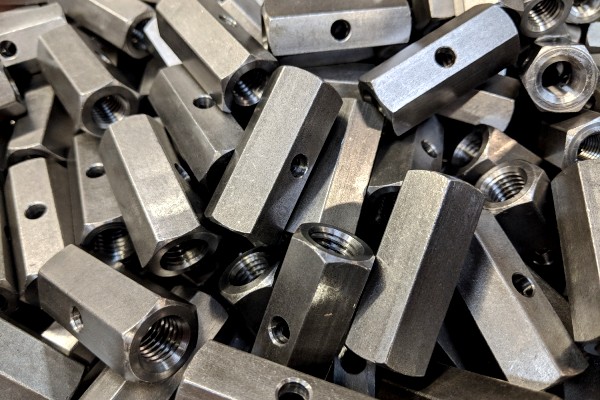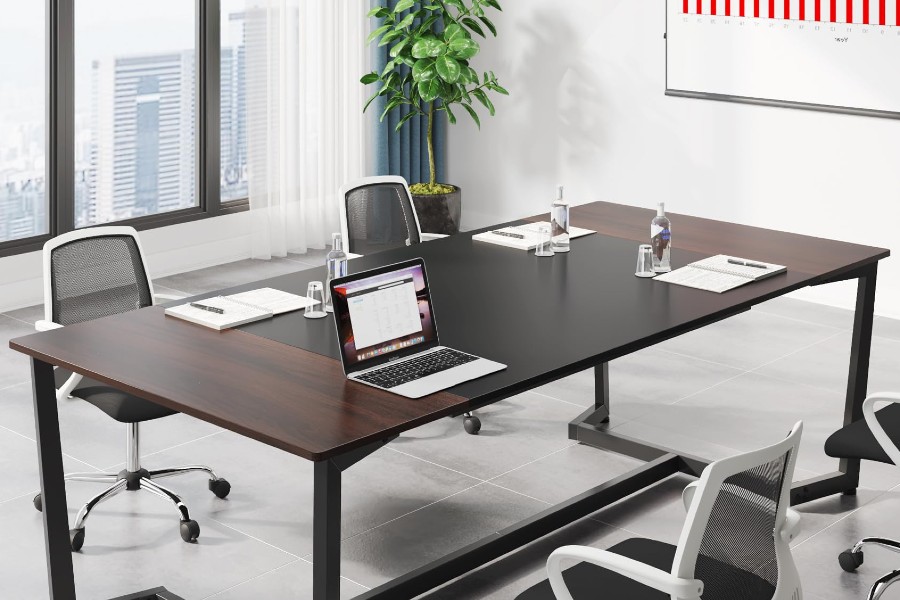 Threaded rod connectors, also called a stud, are metal fasteners – typically made of stainless steel – that contains threading on both ends. Threaded rod end fittings can either have partial threading or complete threading, depending on the specific type. It shouldn’t be forgotten that threaded rods have threading on both ends, making them ideal for applications involving tension.
Threaded rod connectors, also called a stud, are metal fasteners – typically made of stainless steel – that contains threading on both ends. Threaded rod end fittings can either have partial threading or complete threading, depending on the specific type. It shouldn’t be forgotten that threaded rods have threading on both ends, making them ideal for applications involving tension.
In this blog, we examine threaded rod specifications like what are threaded rod connectors, threaded rod uses types of threaded rod connectors, etc. Let’s get started!
Threaded rod grades
Threaded rods often come in a variety of colors when shopping and these show their grades. The International Organization for Standardization (ISO) defines color codes for threaded rods. The white color code indicates the strongest rod. In terms of strength, red is a stainless steel A4 color code that is second only to blue. Among threaded fasteners, green is the third most powerful color code, which is a stainless steel fixings A2 grade. Unmarked and yellow are the next two strongest colors.
Threaded Rods Uses
The use of threaded rods is widespread wherever stronger and longer fasteners than standard bolts are required to join two items. Wooden or metal items can be pinned/secured together with them, and concrete and other materials can be strengthened with them. Due to their threading, they can be easily attached to rods with nuts and other fittings.
Therefore, a threaded rod is ideal for supporting or suspending items from roofs and ceilings, such as pipes, cables, and ductwork, which makes it extremely popular in construction. The strength of threaded rods makes them ideal for MEP and HVAC applications, where they provide strong fixings for support systems. There are several types, lengths, materials, and applications for threaded rod in a variety of industries, such as:
- Building construction
- Installation of electrical systems
- Mechanics and plumbers
- Ventilation and heating installations
- Science and Technology
- Maintaining plant rooms
- Processing, manufacturing, and production facilities
- Assembled and repaired vehicles
- Agriculture
- Medical equipment
- Maritime applications
Threaded rod behaves much like standard bolts and screws so anyone who has worked with other types of large fixings can use it easily. Installation of threaded rods is very similar to that of bolts or screws.
Types of Threaded Rod Connectors
The market offers a variety of threaded rods for different applications and conditions.
The threads on threaded rods are typically right-handed (with clockwise rotation ensuring tightening). For circumstances in which vibration could loosen a right-hand thread, it can, however, be supplied with a left-hand thread.
It is known as “all thread” due to its ability to engage nuts and other threaded fixings fully. This type of rod is most common in construction. The threads provide good resistance to materials, like concrete, so they can be embedded there. Other threaded rod types consist of stud bolts with a tap on the end and double-ended bolts. A stud with tubular ends has unequal thread lengths, while a bolt with two ends has equal thread lengths.
Standard threads are used on rods however there are fine thread rods with thinner threads that are closer together than those used for standard (coarser) rods. Due to their greater shear and tensile strength, fine threaded rods are less likely to loosen, which is an important consideration for installations that are exposed to vibration.
To summarize, threaded rods are heavy-duty feasters that are characterized by their threaded ends. There are threaded rods which have just partial threads on the ends. Other rods have threads that extend the entire length. However, threaded fasteners always have threads on both ends, unlike bolts, which have threads only on one end.
Become a Harlem Insider!
By submitting this form, you are consenting to receive marketing emails from: Harlem World Magazine, 2521 1/2 west 42nd street, Los Angeles, CA, 90008, https://www.harlemworldmagazine.com. You can revoke your consent to receive emails at any time by using the SafeUnsubscribe® link, found at the bottom of every email. Emails are serviced by Constant Contact








